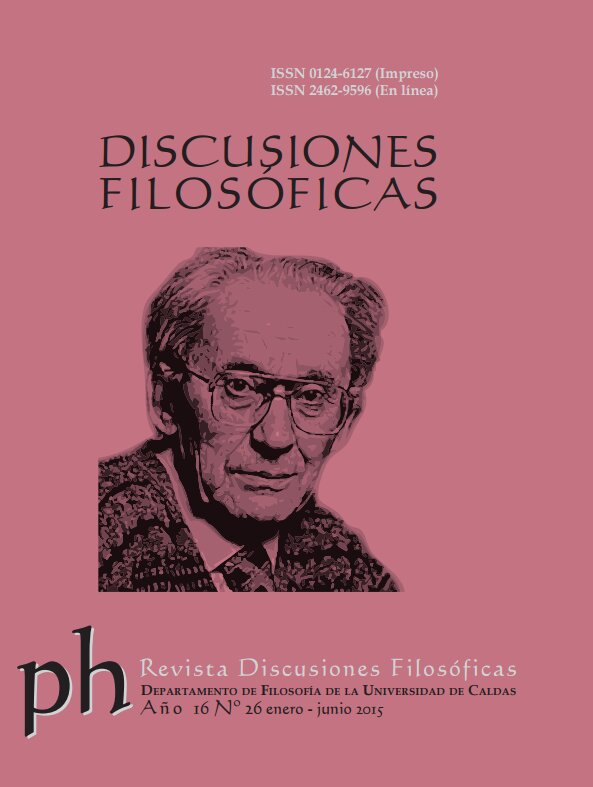Autores/as
Resumen
No artigo nos damos à tarefa de mostrar e demarcar a presença de uma via extralógica nos diálogos socráticos. É frequente no texto platônico a recorrência a essa via, sendo de fato uma dimensão que se soma ao percurso lógico-racional de uma conversação filosófica, tal como Sócrates tipicamente a empreendia conforme seu método, a maiêutica. O modo como realizamos isso foi o de percorrer algumas obras, principalmente Êutifron e Hípias menor, Lísis e O Banquete, de forma a ressaltar a atuação de elementos humano-afetivos sobre o discurso, que ora incitam ora desfavorecem o diálogo. Essa via aporta então pela perspicácia de abordar, simultaneamente ao desenrolar da pesquisa filosófica pela verdade, a influência de aspectos emocionais, psicológicos, morais e até institucionais. Concluímos que a via extralógica se registra textualmente, e recebe de Platão um reconhecimento equitativo ao plano discursivo dos argumentos, sendo,
portanto igualmente valorizada na busca pela verdade. Trata-se de uma via mais sutil, eminentemente filosófica em suas raízes, e que se constitui ao longo da articulação metodológica.
Abstract
This paper aims at showing and marking the presence of an extra logic route in the Socratic dialogues. In the Platonic text the recurrence of this pathway is frequent. It is indeed a dimension that adds to the logical-rational way of a philosophical conversation, such as Socrates typically undertook it according to his method, the maieutic. We accomplished this by going over some works, especially Euthyphro and Hippias minor, Lysis and The Banquet in order to emphasize the role of humanaffective elements on the discourse, which sometimes incite and other times harm the dialogue. This way contributes by the perspicacity of addressing, simultaneously the unfolding of philosophical search for truth, the influence of emotional,
psychological, moral and even institutional aspects. We conclude that an extra logic route is registered textually, and it receives equal recognition at the discursive level of the arguments. It is constituted during the course of the methodological articulation and it is eminently philosophical in its roots.

 PDF
PDF
 FLIP
FLIP


























